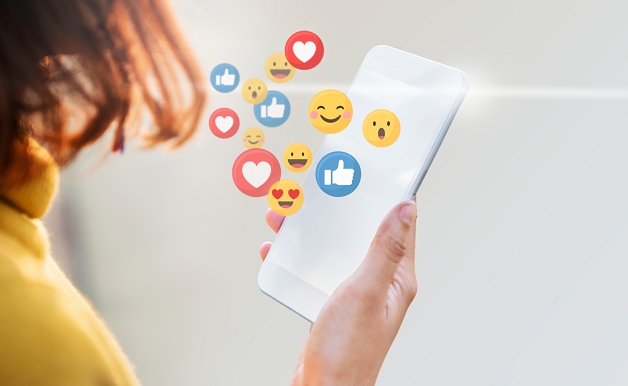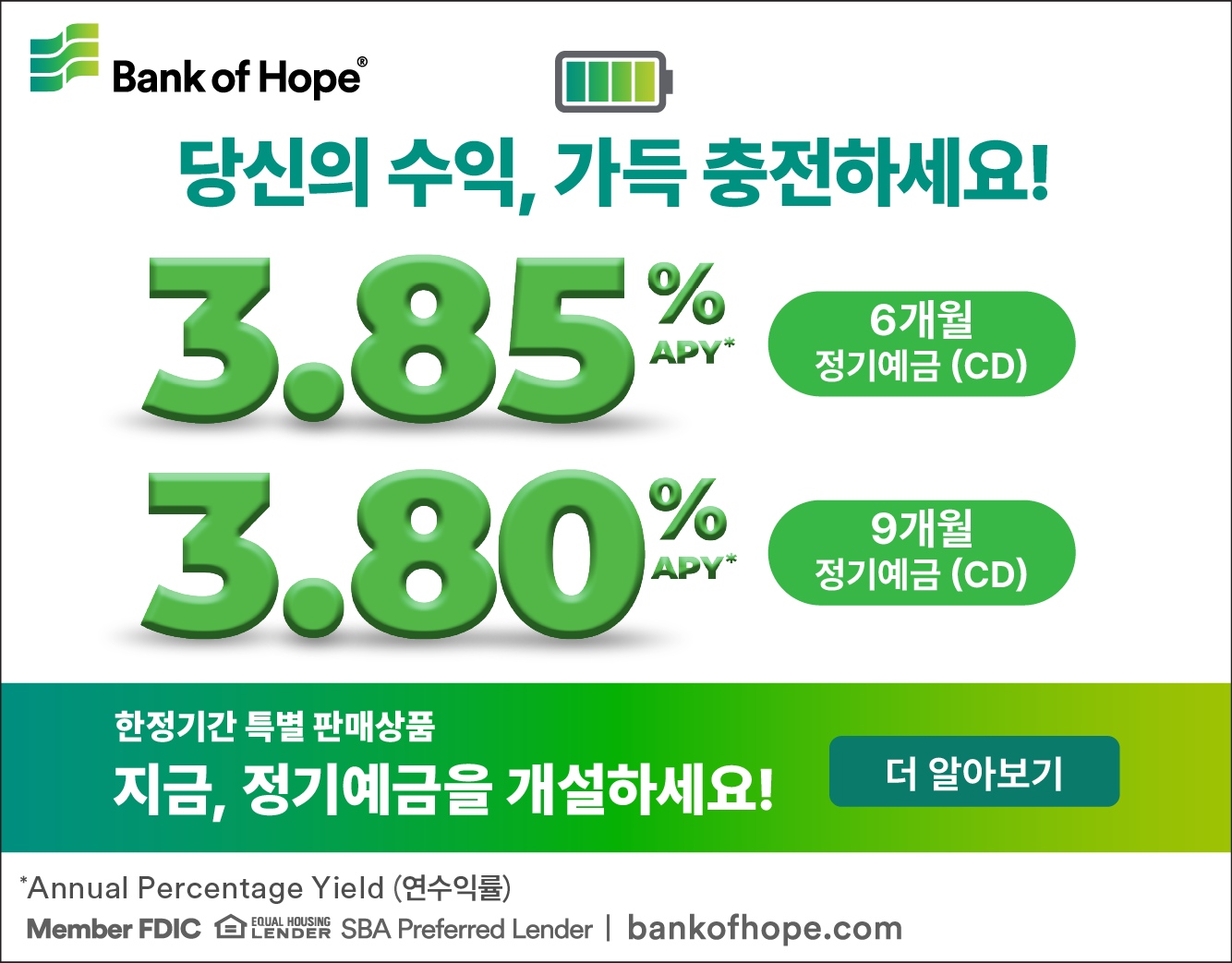
This essay explores how social media, once a tool for connection, has evolved into a source of comparison, insecurity, and lost authenticity. It challenges readers to reclaim gratitude and individuality in a world driven by digital validation.- Editor’s Note
The Price of Validation
A blinding ray blinds us the second we wake and accompanies us until we finally shut our eyes at dusk. Behind it is a never-ending equation, keeping us scrolling long after we reach the decision point. It’s an addiction.
Social media, that is. What began as a tool for connection and communication has become something much more profound: an addiction. It has revolutionized the way we live, the way we think, and the way we see ourselves. As has been argued, “Social media has killed the purpose.” Our purpose for life was never meant to be filtered through comparison or judgment. We entered this world to be ourselves—ourselves, actually, authentically, and unashamedly. But somewhere along the journey, we traded authenticity for approval, and presence for performance. Many have said that “Comparison is a thief of joy.” But what if it really is?

Social media is also a breeding ground for insecurities, and we are often unaware of it. With each scroll, each like, each comment, each post, we inch closer towards losing ourselves and that identity we so proudly possessed. Instead of seeing others as inspiration, we fall into thinking, “I want to be them” or “If only I looked this way, my life would be better.” These quiet comparisons undermine our self-esteem, sucking us into a game where the media gets to set what is “better.” So many times, we forget that the media isn’t real. It’s replete with statuses where people only show their most gorgeous selves—or sometimes even completely fake it by acting as if they’re a particular way. And still, despite all this, we keep feeding ourselves into it. We consume these pictures and stories until they become the measures by which we gauge our own lives, saying we’re failing against some ideal that never even existed. Over time, this has left real scars.
Research indicates that almost 46% of teenagers feel insecure about their own body image due to what they view online. We see an influencer every day who has a certain appearance, and we see the comments on how they look. And every time we see them, we compare ourselves to them because we wish we were someone we were never meant to be. The reality is that it happens to almost all of us—and in the process, we forget to be grateful for the life, body, and story that we already have. Most importantly, social media has heightened a beauty standard that dictates what features are beautiful and what are not. These standards are not only impossible to achieve but are also ever-changing; thus, it is practically impossible to keep up. Society has raised the standard so high that most of us are left feeling unfit, lacking, or misplaced in our own bodies. Rather than celebrating individuality, we are prompted to adapt to a specified and limited definition of being “pretty.” Since we are the humans who are affected by this, we have to train ourselves to observe the reality within the media before we criticize or compare.
In real life, we don’t know the people we encounter on the web, or what hardships or history may be behind the flawless life they appear to lead.
What we see is only an act—an act performed to gain approval. Why, then, should we let those fantasies have such a bearing on our own lives? The truth is, the more we become rooted in gratitude and authenticity, the less those deceptive comparisons can dictate to us.
<Yena Lily Lee Student Reporter>Orange County School of TheArts yenalee530@gmail.com








